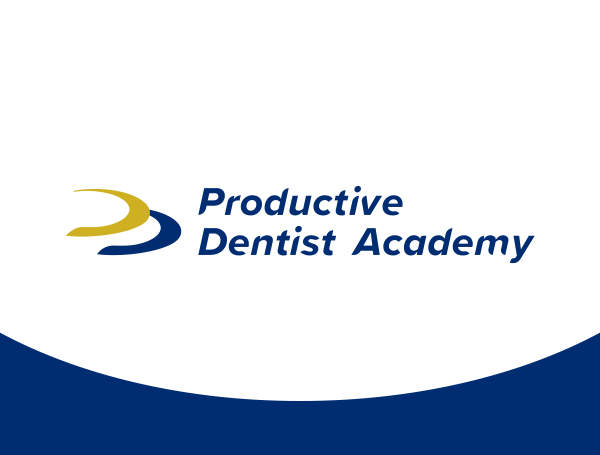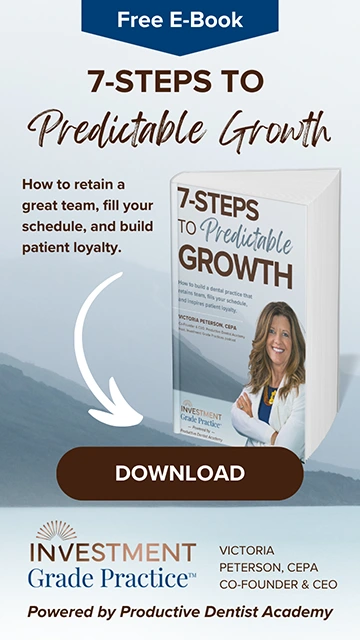Search Engine Optimization (SEO) Tips – Part 3
 by the MyDentistCalls Marketing Professor
by the MyDentistCalls Marketing Professor
Need to catch up? Read Part 1 or Part 2 of our SEO Series.
Welcome to Part 3 of the MyDentistCalls Search Engine Optimization (SEO) Tips. In Part 2 we discussed keyword analysis, choosing the keywords to rank for, and the overall outline of your website. As a refresher, it is important to build a comprehensive outline, or roadmap, for your website. In that outline, you will want to establish a theme for each page of the site — and that theme should be built around the two primary keywords you are trying to rank for on that particular page. So, if you have determined that you want to build a page that will rank for “Miami Teeth Whitening” and “Teeth Whitening in Miami” the theme of that page is obviously going to be Teeth Whitening. It is critical that you don’t mix in other subjects or keywords on that page, as that will only confuse the search engines as to what that particular page is about.
In Part 3 we are going to discuss creating the actual content for a specific page and how to write that content in order to have your keywords picked up by the search engines. This is a very tricky subject, and one that you will want to take extra time in comprehending. When search engines crawl through your website, they strictly look at the text on each page. They analyze at the title, the description, the meta keywords, and the content on each individual page. We will cover the title, description, and meta keywords in a later articles; today, we are just going to discuss the content.
We will go ahead and use the above example of the Teeth Whitening Page with the keywords “Miami Teeth Whitening” (keyword 1) and “Teeth Whitening in Miami” (keyword 2) as the words we are trying to rank for on this particular page. When you’re creating the content, you will want to think about the “keyword density” of your content as the most important factor for SEO. Keyword density is defined as the percentage of your total content that is made up of your targeted keywords. There is much debate, amongst SEO experts, about what the optimal keyword density should be. Search engines will not notice your page for your targeted keywords if too few of the keywords are used in the content, but too much repetition of the keyword will cause your page to be flagged as spamming or stuffing the page. This is negative in the eyes of the search engines.
As a general rule of thumb, we believe that 3% to 5% keyword density is optimal. That means for every 100 words on the page, the keywords you are trying to rank for should equal 3% to 5% of the text. Certain words, called stop words, are not counted by the search engines. Here are short list of the stop words that are most commonly used: a, about, an, are, as, at, be, by, for, from, how, in, is, it, of, on, or, that, the, this, to, was, what, when, where, who, will, and with.
These stop words are important to note because, as in our Teeth Whitening example, one of the keyword phrases can contain a stop word, such as “Teeth Whitening in Miami” When you are counting your keyword density, this term only counts as 3 words, not 4 words. So in meeting the 3% to 5% keyword density, you will need to make sure the term “Teeth Whitening in Miami” is used at least once for every 100 words of text. Using this term twice for every 100 words of text will give you a 6% keyword density for the term. Although this is might cause you to go over the 5% rule, it most likely won’t get flagged by search engines.
Now that you understand how keyword density works, the next thing to think about is the amount of content you have on each page. Again, there is much debate as to the minimum amount of text for search engines to deem a page worthwhile to bring users to. Some experts say that there needs to be at least 400 words while others say 750 — we go by 400 words. Of course, it’s better to have 750 if you have the time to write all of that content, but you should have 400 words of text, with each of the two keywords as 3% to 5% of the content, at the minimum.
As you can see, there are lots of components to Search Engine Optimization, and writing keyword rich content is one of the most critical elements. As you build your website, your best bet is to just start writing. Try to write a certain amount of articles each day, and over time you will be able to meet your goals and have a lot of great content for your website. It’s also important that you not take short cuts in your writing. Using someone else’s text that is already posted on another website will be seen as duplicate content and will not count in the eyes of the search engines. So make sure your content is original!
In our next edition of the MyDentistCalls SEO Tips (Part 4), we will show you how to title the pages, write the page descriptions, list your meta keywords, and more.
Have a great experience with PDA recently?
Download PDA Doctor Case Studies


















